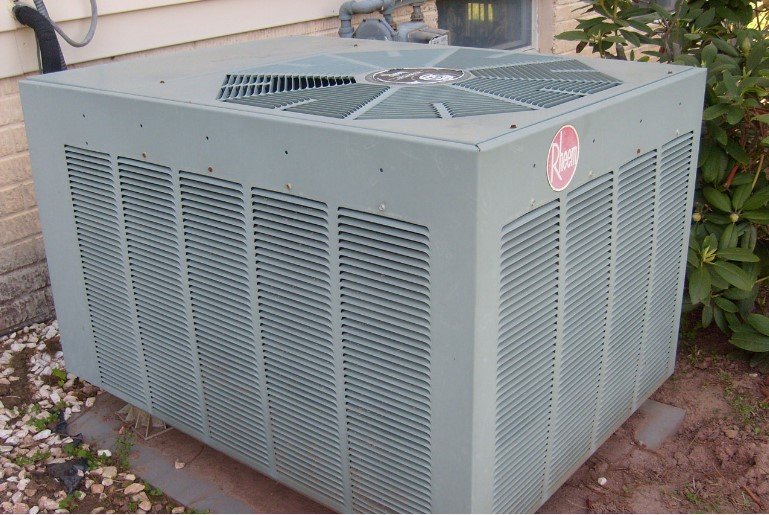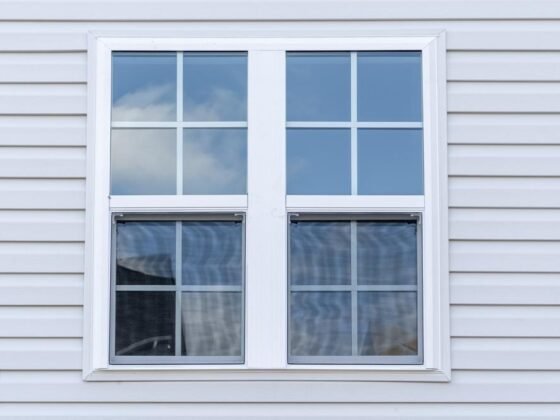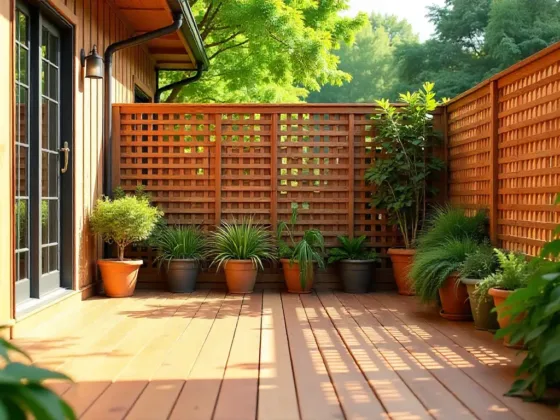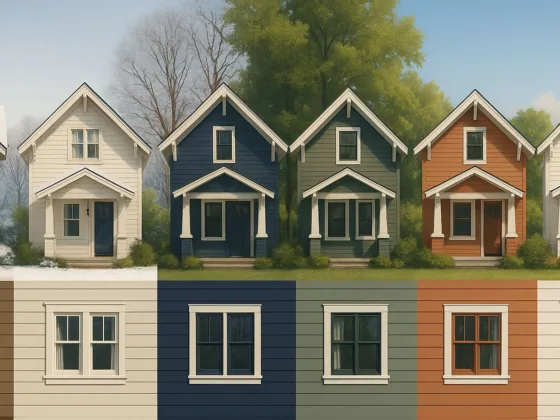Table of Contents Show
As we continue to search for more efficient and sustainable energy sources, geothermal and traditional HVAC systems have become increasingly popular options.

Homeowners considering the installation of a new heating, ventilation, and air conditioning (HVAC) system may be unsure of the differences between these two systems.
This article will explore the difference between geothermal and traditional HVAC systems in terms of their energy efficiency, environmental impact, cost, maintenance requirements, and other considerations.
Cost
Geothermal energy is an increasingly popular choice for homeowners looking to reduce the cost of their utility bills. Geothermal systems use electricity to power heating and cooling units, but they can save up to 70% in energy costs compared to traditional HVAC systems.
While geothermal expenses may initially seem high, they make up for it in the long run by providing cheaper monthly bills and an ample return on investment.
The upfront installation cost of a geothermal system is usually higher than that of other HVAC systems; however, some federal and local subsidies can help offset this expense.
In addition, there are many innovative financing options available that allow homeowners to pay off their system over time rather than in one lump sum.
After installation, geothermal systems require low maintenance since there are no outdoor components like a heat pump or furnace that must be serviced annually.
Read Also:
Installation
Geothermal systems require extra time and effort in order to install correctly since they require underground piping between the heat exchange unit and the home.
This can be difficult work, as excavation equipment may be necessary in order to properly lay down the pipes. Additionally, depending on local regulations, permits may be required before such work can begin.
In comparison, traditional HVAC units are easier and faster to install since they only need an indoor air handler or furnace connected with electrical wiring and refrigerant lines. You can contact St Paul Duct Cleaning for air duct cleaning and installation services.
Maintenance
Maintaining your HVAC system is essential to keeping it running smoothly and efficiently. Regular checkups are vital for long-term performance, regardless of whether you have a geothermal or traditional system.
Geothermal systems require regular maintenance as they are complex systems that must be monitored frequently to ensure optimal efficiency. On the other hand, traditional HVAC systems also need frequent inspections and tune-ups to keep them working properly.
The key difference between geothermal and traditional HVAC systems lies in the components involved in each type of system.
Geothermal units use an underground loop filled with water or antifreeze that circulates through pipes to transfer heat from the ground into your home.
In contrast, a traditional heating and cooling system relies on electricity or gas for power and requires more manual upkeep than geothermal units. If you are looking for the maintenance of your HVAC you can take dryer cleaning services from our experts at a reasonable cost.
Efficiency
The energy efficiency of geothermal systems is due to their ability to capture thermal energy from beneath the ground.
By utilizing underground temperatures, they require less energy than traditional HVAC units which rely on external sources like electricity or natural gas.
This results in major cost savings for homeowners as well as environmental benefits since these systems don’t produce any harmful emissions.
Additionally, geothermal units have an average lifespan of 25 years – twice that of traditional HVAC models – making them not only more cost-effective but also more reliable in the long run.
Environmental Impact
An increasing number of homeowners are now turning to geothermal heating and cooling systems over traditional HVAC systems. Not only can these green alternatives save money, but they also have a positive environmental impact.
Geothermal systems use the earth’s stored energy below ground to heat and cool your home, meaning that no fossil fuels are burned to produce heat.
This results in fewer emissions being released into the atmosphere, reducing air pollution and helping preserve our environment for future generations.
In addition, geothermal systems require less energy to operate than traditional HVAC units, making them more efficient and cost-effective in the long run.
Conclusion
The decision to choose between geothermal and traditional HVAC systems is an important one, as both can provide cost savings in the long run. In conclusion, it’s essential to understand the differences between the two systems so that you can choose wisely.
Geothermal systems require a higher upfront investment due to their complexity but offer significant energy savings over time.
On the other hand, traditional HVAC systems are less expensive initially but may need more frequent maintenance and could lead to higher utility bills in the future. When selecting an HVAC system for your home or business, be sure to consider all of these factors before making a final decision.
Regardless of which system you choose, it’s important to have it installed correctly by experienced professionals who know how to properly size and design your system for optimal performance and efficiency.









